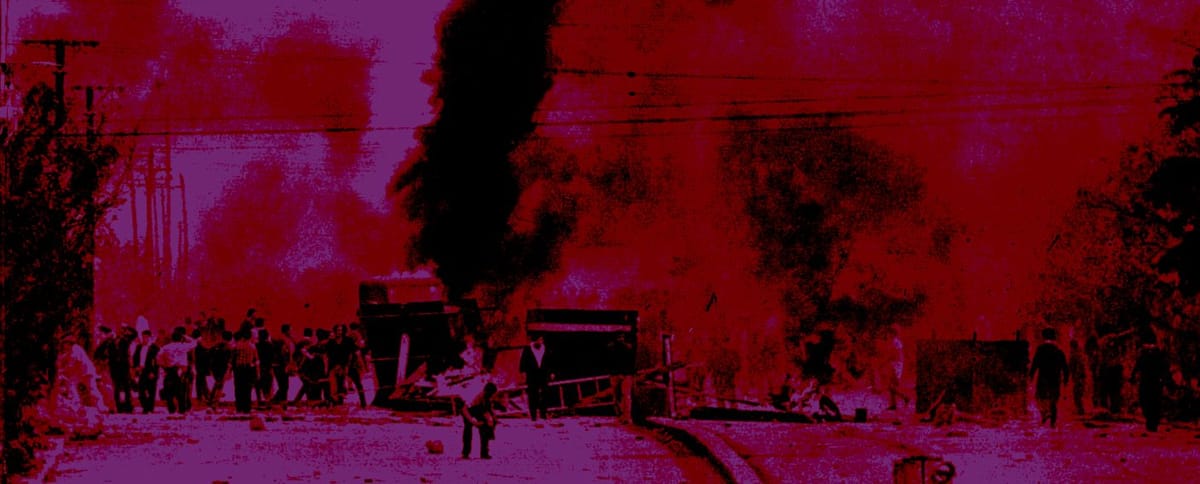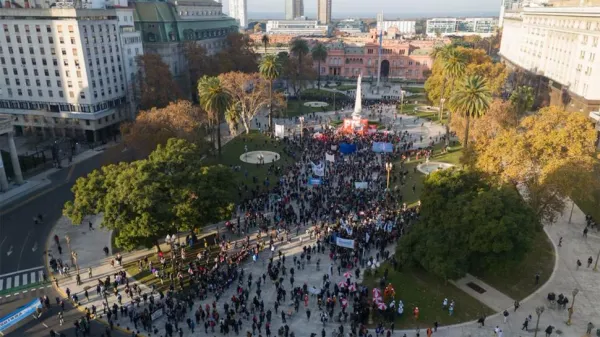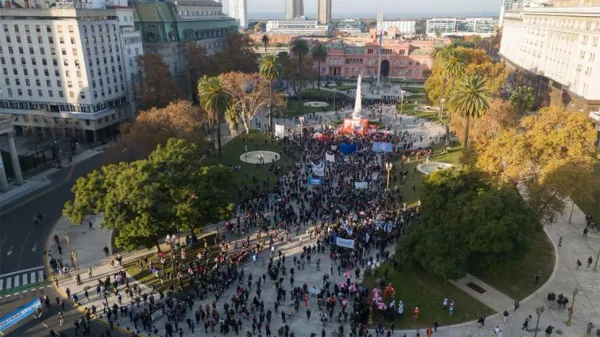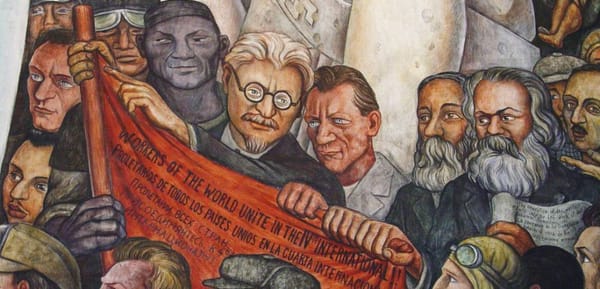A Militant Voice for the Working Class
Launch statement and vision for New Militant as a publication.

Our Task:
Militancy and militants have mostly disappeared from English language discussion as one more casualty of the disintegration of the American left. However in Latin America the culture of “Militancia” remains very much alive at schools and workplaces, with workers and students centering their lives around political struggle. To be a militant is to dedicate oneself to a political project without abandoning ones position as a worker, student or family member. It is to value solidarity and the collective above the individual.
Militancy is not academic, yet it values the contribution of theoretical work and study; integrating this into a meaningful transformation of the world. Where activism has become about padding the resumes of future administrators, militancy is about a continually renewed, collective commitment to the struggle. This publication is dedicated to the revival of this culture of left-wing militancy.
New Militant was the name of the publication of the Workers Party of the United States from 1934–36. It was a period of heroic struggle as Trotsky, his followers and a number of lesser known Marxist dissidents sought to preserve the seed of Revolutionary Marxism in the face of Stalinist repression and Fascist annihilation. It is a history worth defending, studying and building a foundation upon.
At the same time it is necessary to go beyond this; the newness of this publication must be remade for the present. Even the best preserved core of revolutionary theory from the Trotskyist tradition provides us with only the faintest outline of how to take power today.
Although an independent publication, New Militant will take the Left seriously. The recent history of independent publications of the left has been one which has distanced itself from the organizational left. Jacobin is open for socialists, for communists, for leaders of leftist organizations to write in. Yet fundamentally it maintains a political line which does not take the far left itself seriously. You can find articles by leaders of the left on the basis of their literary or academic credentials, but you won´t find discussion or debate on the ISO, Salt, SA, PSL etc.
We take the position that those, both organized and independent, who are willing to live for the revolution are worth a thousand times more than those who are constructing their academic reputations or literary careers. It is above all militants that we want as readers and writers.
The publications of the existing left however rarely host the critical debate necessary to advance our common project. Meaningful self-criticism is almost completely absent, perhaps most painfully apparent reflecting on many organization's political positions in the face of Syriza's election in Greece. Even where strategic political mistakes have been avoided, the infallibility of the party is a bureaucratic principle which few organizations have escaped.
Most of our organizations have also maintained an unshakable technological conservatism. Anyone who has passed through the absurdity of selling newspapers on a 21st century street corner is familiar with this. This conservatism is even more deeply set in the United States than the rest of the world. Despite limited resources a number of Latin American organizations have pioneered far more dynamic internet and social media presences. Among the Trotskyist left it´s worth mentioning Izquierda Diario and Esquerda Online. Pioneering video content has also been produced by Nova Democracia, a Brazilian Maoist group. Yet there have still been limits, these are more professional digital newspapers and media presences, yet ones which have not yet explored what this new technology means for our own organizational forms.
The Leninist political project, especially as that has been interpreted in the Trotskyist tradition, has always had its organizational core modeled around the editorial board of a newspaper. The steering committee matches, and in practice functions as the editorial board of the organization. It is necessary to take up the question of what a Leninist political project means in a digital era. It is easy to declare the immense possibilities which the internet has opened up for the economic construction of socialism. Yet the left has so far refused to interrogate its own organizational structures in the new light. The democratic possibilities for democratic centralism are unprecedented yet our organizations operate with internal bulletins inherited from an era when they had to be physically compiled and mailed out. Organizational structures built on technology already made obsolete by the fax machine are insufficient.
We will also take up a Leftist commitment to unwavering criticism. The organizational needs of any one party can oftentimes be at odds with the long term needs of the class and the movement. The temptation always exists within organizations to tone down criticism, to meet potential allies half-way, to adjust the line to fit the latest movement. There is a need to constantly bring in new recruits for the party to remain alive. The US left in particular has (rightfully so) been obsessed with a barely maintained survival since the end of the 1970s. Yet fulfilling this short term need can often come at a long term strategic cost. An independent voice, capable of engaging in unbarred political struggle, can hopefully contribute to shifting the foundations on which the future debates take place.
New Militant promises a commitment to total financial transparency, essential to combating bureaucratic tendencies. Our long term goal is to build a platform based on donations by working people. We do not want working-class writers to serve as unpaid labor, uncompensated for building the prestige and reputation of publications which accumulate resources while writers maintain limited control. We want a platform that allows readers to directly support writers and judge fairly if the expenses of the editorial project as a whole are justified.
To begin, this is a very small project. We hope through consistent work and the quality of our contributions to the debate to convince you to join us as readers, writers and supporters. Together we can lay the foundations of an independent, militant voice for the working class.



